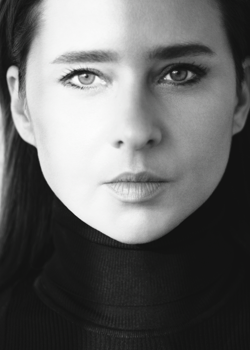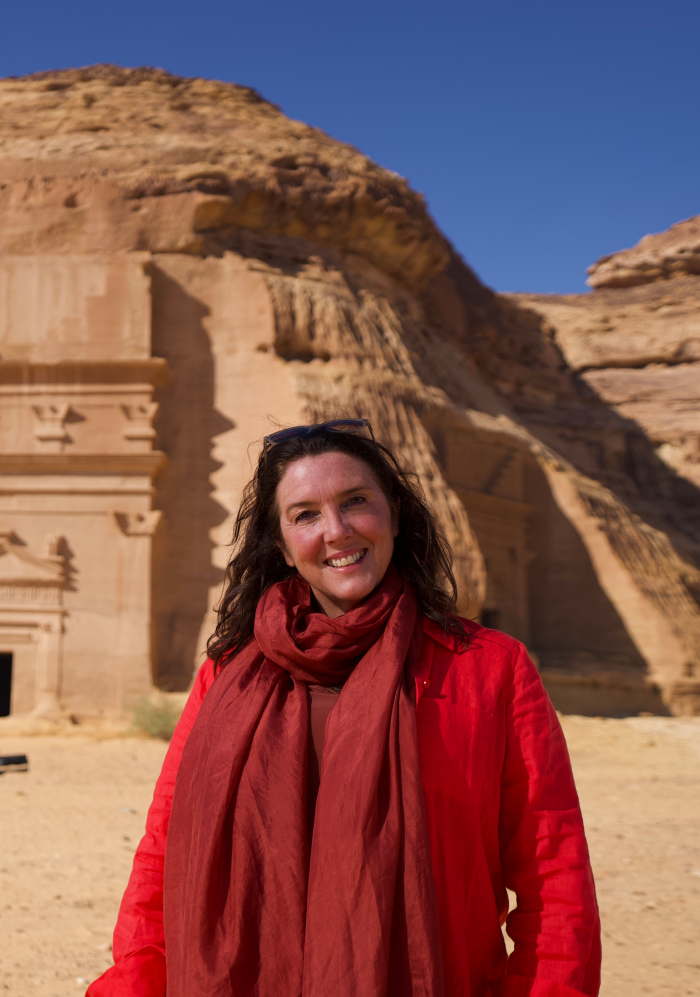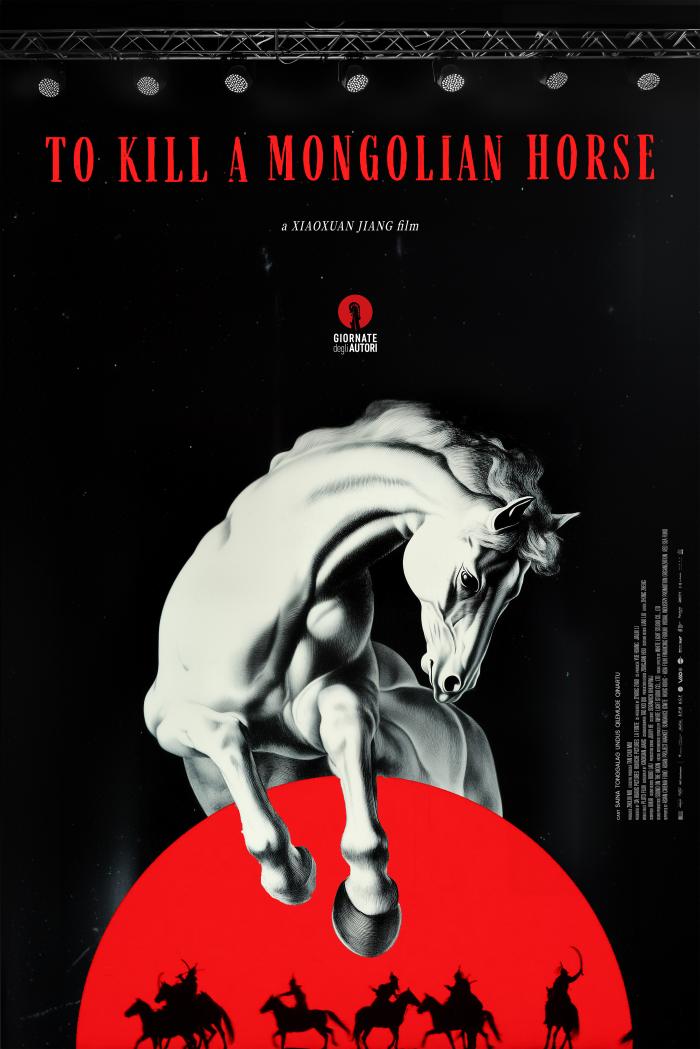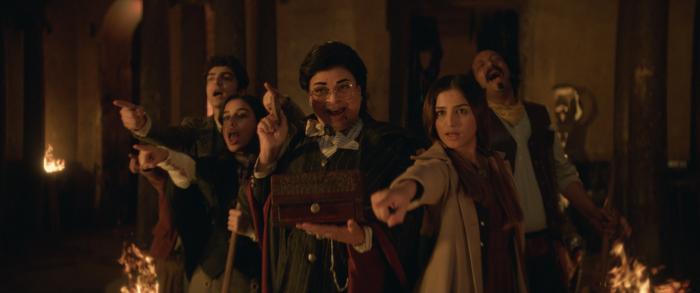
In-Conversation with Nelly Karim
Other movies

LOST WORLDS WITH BETTANY HUGHES: THE NABATAEANS
Director: Jim Greayer
Having studied the Classical world for 30 years, English historian and broadcaster Bettany Hughes has repeatedly come across references to the enigmatic lands of Nabataea. World-famous Petra was the Nabataean capital, but many visitors are unaware it was just one city in a vast trading empire. Now Bettany is on a mission to discover their world and answer the question: who are the Nabataeans? Her journey takes her to AlUla in Saudi Arabia, known for its monumental tombs and fascinating rock formations; she also traces the Nabataeans' global trade network through Jordan, Greece, and Oman. With exclusive access to astonishing new archaeological research and a network of renowned specialists revealing new finds, Bettany uncovers the Nabataeans' sensational story.

TO KILL A MONGOLIAN HORSE
Director: Xiaoxuan Jiang
Saina’s father never taught him to ride: he simply put him on the back of a horse, a Mongolian herdsman’s natural habitat. Saina now earns his living performing spectacular tricks in equestrian shows for tourists, trying to make enough money to cover his father’s gambling debts as well as support his little son. His true vocation, however, is caring for his sheep and horses on the grasslands that stretch as far as the eye can see - a way of life under threat from climate change, encroaching poverty and profiteering mining companies. A moving, superbly shot portrait of a man clinging to the things that make that life worthwhile: the endless sky, the silence, his herdsman’s heritage and his beloved horses.

SUKKAR: SABAABAA W HOUBOUB AL KHARZIZ
Director: Tamer Mahdy
A beautiful day turns into a miserable one after the whole city gets infected with chickenpox. The children and the workers in the orphanage get infected as well and they try their best to figure out how to cure themselves. A doctor develops a vaccine for the disease against the approval of the policemen in the city. The children visit a magician called Frotto so he would cure their chickenpox. The children are rushed to the hospital after Frotto's failed attempts to cure them. An angel sent from heaven called Anisa, guides the children after they reach the hospital and she stays with them until the vaccine that is being developed by the doctor gets approved. The annual Circus visits the city and the children get invitations from Daddy- Long-Legs. After attending the Circus, Sukkar and her friends realize that the animals are being mistreated and they make a plan to save them. Sukkar celebrates her birthday in the orphanage with her friends. As a gift, Daddy-Long-Legs grants Sukkar a once in a lifetime opportunity and he sends her to a private school. The children get emotional and a feud occurs between Tarek and Sukkar. The children follow Sukkar to the train station to say goodbye for the last time but they get shocked at the quick transformation that happened with their dearest friend.





